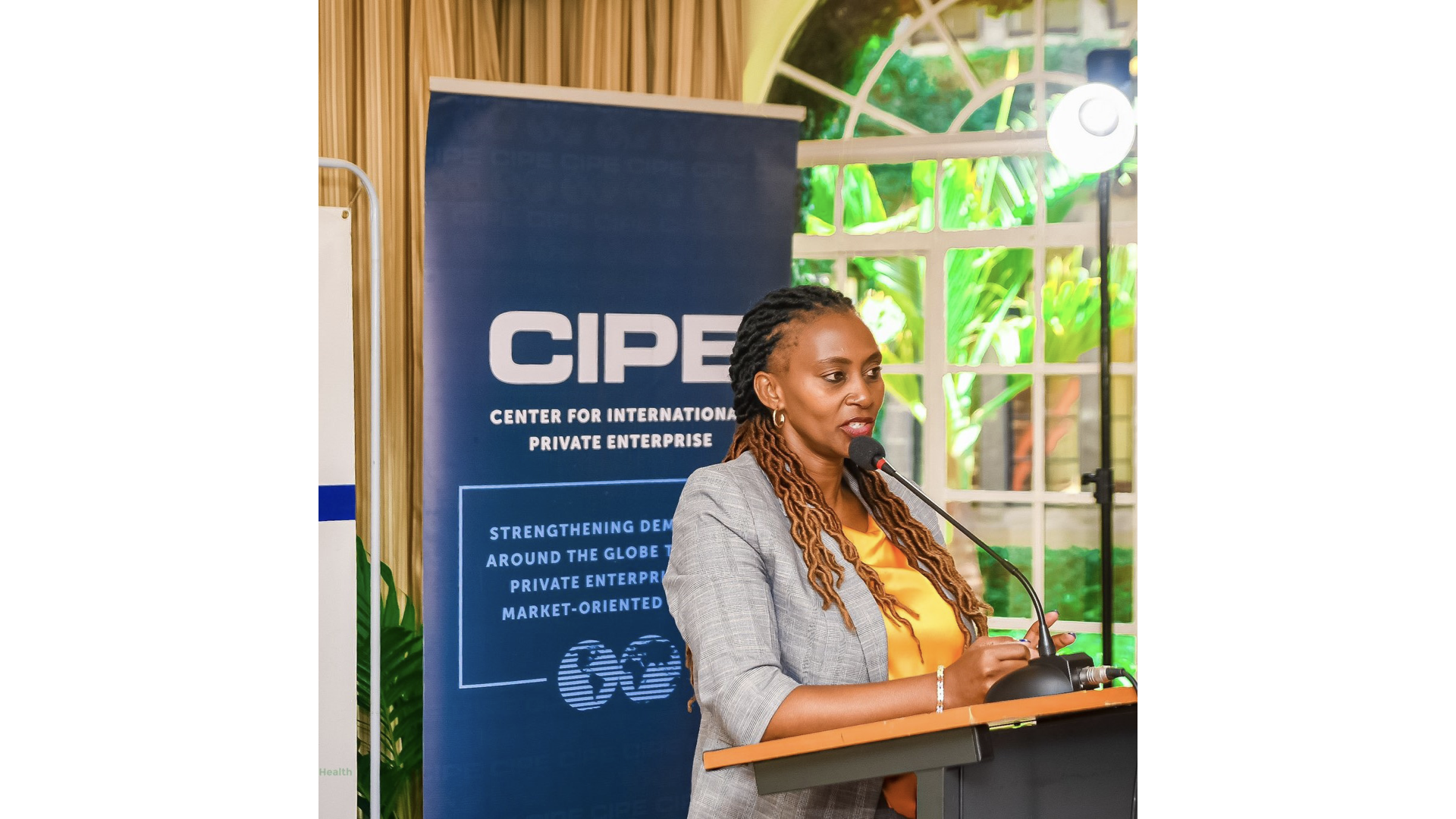
High-Level Meeting on Preventing Corruption
Corruption poses a significant threat to the effectiveness of health service delivery, leading to resource diversion, negative health outcomes, loss of lives, and a breakdown of trust in institutions. In response to this pressing issue, the Ethics and Anti-Corruption Commission, the Council of Governors (CoG), and the Ministry of Health (MoH) of Kenya partnered with the Center for International Private Enterprise (CIPE) and Health Governance International (HGI) to prevent corruption in the health sector. They organized a high-level meeting to devise a roadmap for prevention and advance public-private collaboration to push it forward. The meeting brought together senior representatives from the public sector, private sector, civil society organizations, and international development partners. This collaboration seeks to improve service delivery and healthcare nationwide The collective inputs of the participants resulted in concrete steps for the way forward.
An essential aspect of corruption prevention that was highlighted is adopting a risk management approach. Risk assessment, along with prioritizing risks based on their potential likelihood and impact, and establishing risk mitigation measures is crucial.
Key takeaways included:
1. Emphasizing the need to address system vulnerabilities rather than focusing solely on individual integrity
2. Prioritizing the tackling of priority risks, recognizing that it’s not feasible to target all risks simultaneously
3. Viewing the fight against corruption as a means to achieve health outcomes, not just an end in itself.
To conclude, the Principal Secretary of the MOH expressed optimism about the collaboration's positive impact, highlighting the stakeholders' determination to strengthen governance and promote transparency. Together, they aim to enhance accountability systems, leading to a healthier and more prosperous Kenya for all.